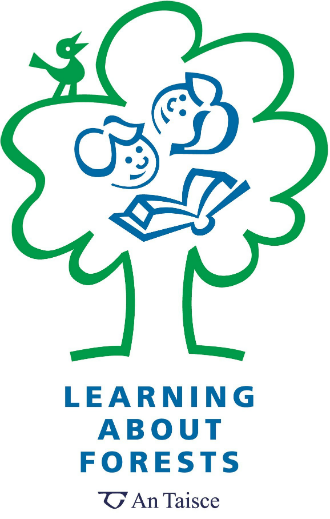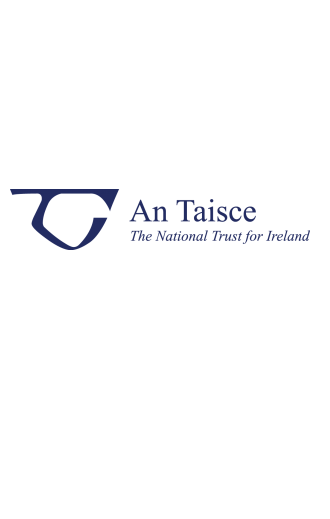Who we are
 The programme was initiated in 1999 by the Forest in Schools programmes in Norway, Sweden and Finland in cooperation with the Foundation for Environmental Education (FEE) and rolled out in the spring of 2000. Today, the Learning about Ecosystems and Forests programme is coordinated by FEE at an international level. The programme is well-recognised internationally, with over thirty countries from around the world participating. The programme aligns itself with Education for Sustainable Development (ESD), the Global Action Programme (GAP) and the new Sustainable Development Goals (SDGs).
The programme was initiated in 1999 by the Forest in Schools programmes in Norway, Sweden and Finland in cooperation with the Foundation for Environmental Education (FEE) and rolled out in the spring of 2000. Today, the Learning about Ecosystems and Forests programme is coordinated by FEE at an international level. The programme is well-recognised internationally, with over thirty countries from around the world participating. The programme aligns itself with Education for Sustainable Development (ESD), the Global Action Programme (GAP) and the new Sustainable Development Goals (SDGs).
The Environmental Education Unit of An Taisce runs the LEAF programme nationally.
LEAF is an ambitious educational, restoration programme, restoring grounds and educating about the important role healthy, resilient ecosystems play, while meaningfully contributing to biodiversity, climate and well-being goals.
LEAF focuses on educating the educators across all educational institutions (primary, secondary and third level) about the importance of healthy resilient ecosystems.

The Foundation for Environmental Education (FEE) is a non-governmental and non-profit organisation aiming to promote sustainable development through education. The Foundation for Environmental Education is mainly active through its five environmental education programmes:
Blue Flag
Eco-Schools (nationally known as Green-Schools)
Young Reporters for the Environment (YRE)
Learning about Forests (LEAF)
Green Key

An Taisce works to preserve and protect Ireland’s natural and built heritage. An Taisce is an independent charitable voice for the environment and for heritage issues.
Our work is focused in three areas:
Education: Our Environmental Education Unit is responsible for some of Ireland’s most popular and successful environmental programmes, including Green-Schools, Green-Campus, Clean Coasts, National Spring Clean, Neat Streets, Green Communities, Learning about Forests and the Blue Flag award.
Advocacy: The Advocacy Unit is dedicated to promoting the conservation of Ireland’s nature and biodiversity as well as its built heritage.
Properties: An Taisce own a range of heritage properties in trust, including historic buildings and nature reserves.
What’s more
The Learning about Ecosystems and Forests (LEAF) programme is designed for colleges and schools and encourages environmental education through awareness raising among teachers, soon-to-be teachers, students, and the wider community. The programme looks at all the functions of forests, ecological, social, economical and cultural.
The overall aims of the LEAF programme are to see an increased level of awareness and knowledge about the key role forests play for sustainable life on our planet and to stimulate activities that will help participants achieve an increased level of environmental maturity irrespective of age and previous knowledge.
- Contact with the natural world has significant health benefits (reduced ADD, reduced anxiety, enhances self-control and self-discipline).
- Contact with the natural world increases participants’ ability to focus and enhances cognitive abilities and has the capacity to improve academic performance.
- The programme is directly linked to many of the Curriculum Strands.
- The programme helps develop participants’ decision-making skills and builds participants’ confidence and sense of citizenship through participation.
- It offers a well-defined, measurable model for the delivery of national and international policy and objectives for education and awareness about forests.
- Ensure participants learn to enjoy the outdoors. Encourage positive experiences outdoors and develop a positive attitude toward the environment and our forests.
- Ensure participants experience and observe nature. Help participants gain a general curiosity about nature and human interaction with forests.
- Ensure participants understand the ecological web. It is important to understand the ecology of forests. This knowledge leads to a better understanding of nature’s processes.
- Ensure participants understand the interplay of man and nature. The programme reflects all the functions forests fulfil for people: cultural, ecological, economic and social. Understanding the balance between these is crucial when understanding the potential conflict of interests that exist between different stakeholders.
- Ensure participants are capable of making decisions on environmental issues. By understanding the interplay between forests and humans we can identify where conflicts of interest may arise. Questioning skills are crucial to collect knowledge and reliable information. Based on education and knowledge, students can make well-informed decisions.
- Ensure participants help take responsibility for their future. Every individual is responsible for their own actions. The LEAF programme and the structured approach to education and awareness of forests has the potential to create a highly educated, informed and skilled population translating into many associated environmental, economic and societal benefits through better understanding of forests and related disciplines.
Contact us
-
LEAF Ireland
Environmental Education Unit,
5 Foster’s Place
Dublin 2

